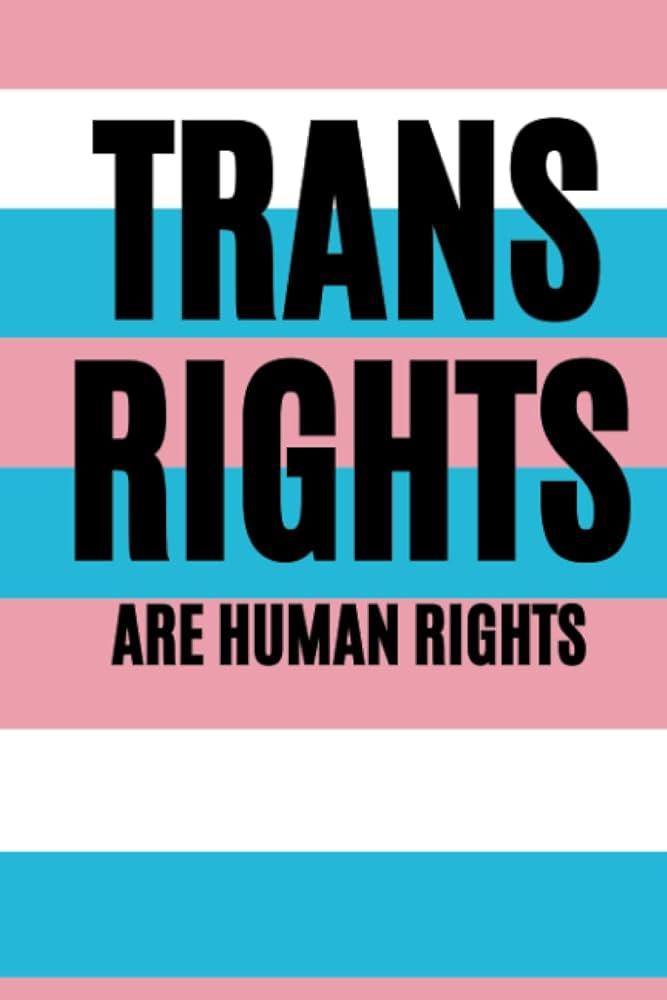Minnesota has positioned itself as a leader in safeguarding the rights of transgender individuals, enacting comprehensive protections that advance inclusion and equality. However, despite these strides, the state faces ongoing debate and criticism over its approach to women’s sports, with many arguing that current policies fail to adequately address concerns about fairness and competitive integrity. This article examines the complexities and tensions surrounding Minnesota’s efforts to balance transgender rights with the preservation of women’s athletics.
Minnesota’s Commitment to Trans Rights Sets a Progressive Standard
Minnesota has emerged as a beacon of progress by enshrining legal protections that affirm the rights and dignity of transgender individuals. The state’s legislation ensures access to healthcare, safeguards against discrimination in employment and housing, and supports inclusive educational environments. These measures reflect a broader commitment to equality and respect, reinforcing Minnesota’s position as a leader in civil rights initiatives for the LGBTQ+ community.
Despite these advances, the state’s approach to transgender participation in women’s sports reveals ongoing complexities. Policymakers face pressure from diverse stakeholders, balancing fairness in competition with inclusion principles. Key challenges include:
- Establishing clear eligibility criteria based on hormone levels and transition timelines
- Addressing concerns raised by women’s sports organizations about competitive integrity
- Maintaining dialogue between advocacy groups to find common ground
| Policy Area | Status in Minnesota | National Average |
|---|---|---|
| Trans Rights Protections | Comprehensive | Moderate |
| Regulations on Trans Athletes in Women’s Sports | Underdeveloped | Varies by State |
| Inclusive School Policies | Established | Inconsistent |
Challenges Facing Women’s Sports Amid Inclusive Policies
As Minnesota continues to champion inclusive policies for transgender athletes, the state grapples with unintended consequences for women’s sports programs. Coaches and athletes voice concerns that the current framework may unintentionally diminish competitive fairness by allowing biological males to compete in female categories without stringent eligibility criteria. This tension is compounded by a lack of cohesive guidelines that balance the protection of trans rights with the preservation of equal opportunities for cisgender female athletes.
Key challenges include:
- Maintaining fair competition levels amid evolving eligibility standards.
- Ensuring safe and supportive environments where all athletes feel respected.
- Addressing concerns from parents and stakeholders worried about the integrity of women’s sports.
- Balancing legal requirements with the evolving landscape of gender identity recognition.
| Stakeholder | Primary Concern | Potential Solution |
|---|---|---|
| Female athletes | Competitive equity | Tailored eligibility assessments |
| Trans athletes | Inclusion and respect | Clear participation policies |
| Sports organizations | Policy enforcement | Regular review and updates |
| Parents/community | Transparency | Open dialogue forums |
Balancing Fair Competition with Inclusive Participation
In navigating the complex territory of sports participation, Minnesota faces the challenge of ensuring that trans athletes have the ability to compete fairly while also protecting the integrity of women’s sports. Advocates argue that inclusion fosters diversity and provides critical opportunities for transgender youth, yet critics worry about potential physical advantages impacting competitiveness. This ongoing debate blurs the lines between civil rights and the pursuit of level playing fields, provoking legislative scrutiny and community discussion.
Key considerations:
- The need to uphold anti-discrimination protections for transgender individuals
- Maintaining equitable competition conditions within women’s sports categories
- Establishing scientifically informed guidelines that address physiological differences
- Ensuring clear communication and education around policy changes for athletes, coaches, and fans
| Stakeholder | Primary Concern | Proposed Approach | |||||||||||
|---|---|---|---|---|---|---|---|---|---|---|---|---|---|
| Trans Athletes | Access to fair competition | Inclusive policies with hormone guidelines | |||||||||||
| Women’s Sports Advocates | Preserving competitive equity | Defining eligibility criteria based on biology | |||||||||||
| Legislators | Policy Recommendations to Foster Equity for All Athletes
To truly achieve equity in athletics, policy reforms must balance inclusivity with fairness. Legislators should consider frameworks that protect transgender athletes’ rights while preserving competitive integrity for women’s sports. This involves clear eligibility criteria developed in consultation with medical, legal, and sports experts. Transparency and consistency in implementation will be crucial to maintain trust among athletes, coaches, and families. Successful policies could include:
|





